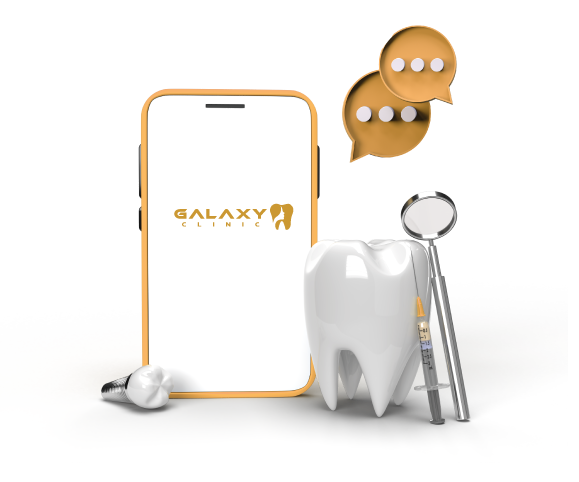Using mouthwash after brushing and flossing will give your dental hygiene routine a beautiful and clean result. Taking into consideration that not all rinses are the same, they differ depending on their contents, and there are several over the counter and prescription mouthwashes to choose from.
Why are mouthwashes used?
A brushing-only dental care routine cannot remove all germs that can build on the surface of the teeth, gums, and other surfaces, and doesn’t ensure that your mouth has the necessary and perfect hygiene. Food particles can also become trapped between the teeth, causing several problems; that’s why having a three-step routine will help maintain the perfect oral health, that contains brushing, flossing and rinsing with a mouthwash.
What are the main ingredients used in mouthwashes?
Many ingredients are used in mouthwash, each ingredient has its own role, here are some:
1-Fluoride:
Helps control tooth decay and cavities, and strengthens the enamels.
2- Chlorhexidine:
Helps by producing a protective covering over your gums and teeth, it helps to prevent plaque buildup.
3- Peroxide:
Helps in teeth whitening, killing harmful bacteria, and heals wounded gums.
4- Essential oils, eucalyptus:
Helps prevent plaque formation and gingivitis.
5- Cetylpyridinium chloride: Prevents bad breath.
What are the available mouthwash types?
-Cosmetic mouthwashes:
Cosmetic mouthwashes are designed to temporarily manage the smell of the breath and leave a nice taste in the mouth without eradicating germs, as germ-killing mouthwashes may. As a result, their effect does not persist for a long time, and does not reduce the risk of cavities and gum diseases.
-Antiseptic mouthwash:
Since it includes germ-killing chemicals, antiseptic mouthwash helps in the elimination of microorganisms that produce bad breath.
Antiseptic mouthwashes containing chlorhexidine, cetylpyridinium chloride, essential oils and eucalyptus can aid with some types of oral infections.
Antiseptic mouthwash can also help cure oral sores and improve the scent of your breath, but it should only be taken for brief periods of time.
-Fluoride mouthwash:
Fluoride helps in remineralization, which is the process that rebuilds compromised tooth enamel, making teeth more resistant to disease and tooth erosion and decay.
-Whitening mouthwash: Dental care has evolved beyond dental and oral health to include having brilliant white teeth and an appealing smile, as people are
becoming more interested in whitening tooth care solutions. A whitening mouthwash may be an excellent addition to any at-home teeth whitening regimen for removing stains and brightening dull teeth.
-Natural mouthwashes:
A natural mouthwash is the best option for people who prefer non-alcoholic products for any reason.
Natural mouthwashes provide the same advantages as regular mouthwashes, but they are gentler, have a softer flavor, and are alcohol-free.
In conclusion, using mouthwash after brushing and flossing will give your dental hygiene routine a beautiful, clean result , and allow you to keep your mouth fresh for longer, that’s why it is important to consult your dentist when choosing a mouthwash, to have a tailored oral hygiene and care routine.


